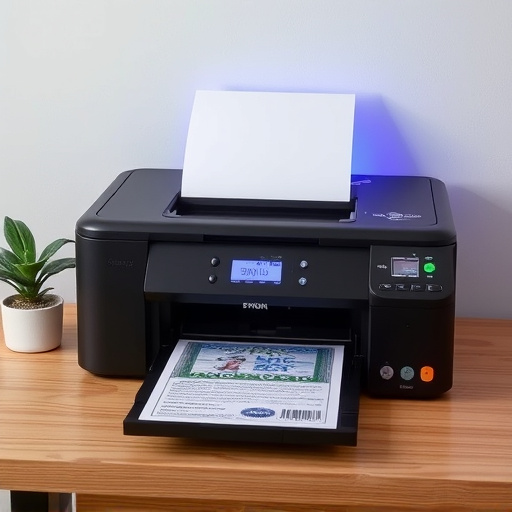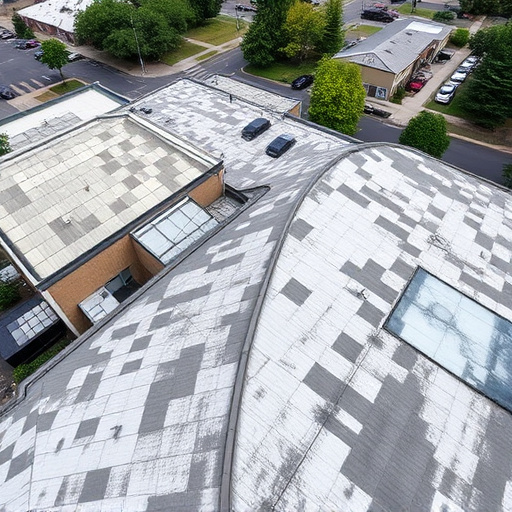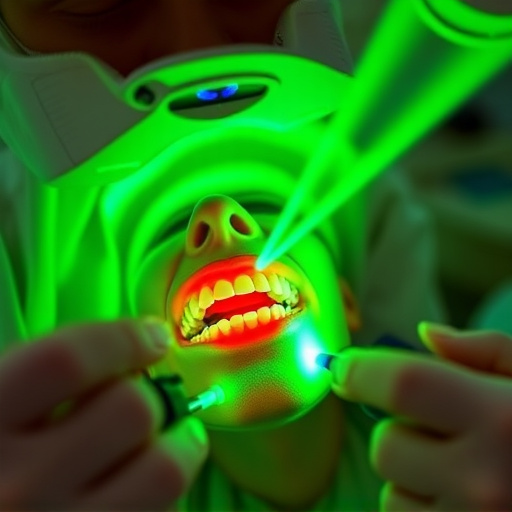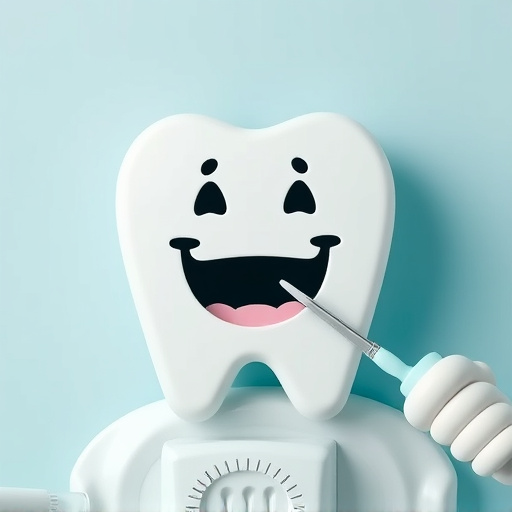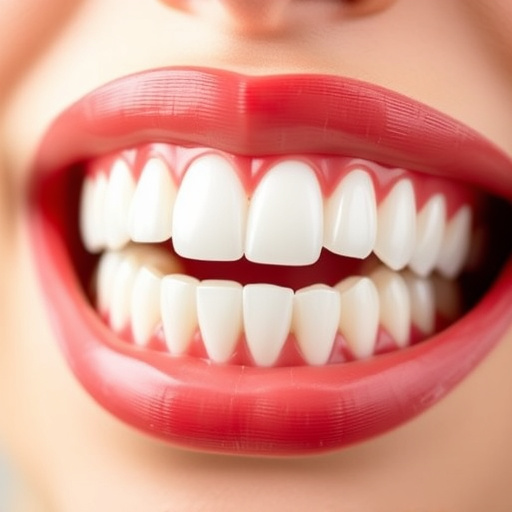Dental sealants for teeth create a protective barrier against cavities by sealing grooves and pits on molars and premolars, preventing bacteria and food particles from entering. This simple, cost-effective solution reduces the risk of tooth decay, especially in children and teens with poor oral hygiene, and can last up to a decade with proper care.
Dental sealants for teeth are an effective protective measure against cavities, especially in children and teens. This clear, protective coating is applied to the chewing surfaces of back teeth to prevent tooth decay. By sealing out plaque and food particles, dental sealants create a barrier that minimizes the risk of cavity formation. This article delves into understanding how these sealants work, their benefits, and longevity, offering valuable insights into maintaining optimal oral health.
- Understanding Dental Sealants: A Protective Barrier
- How Sealants Prevent Cavity Formation
- Benefits and Longevity of Tooth Sealant Application
Understanding Dental Sealants: A Protective Barrier

Dental sealants for teeth are a protective barrier that coats the chewing surfaces of back teeth, especially molars and premolars. They act as a shield against food particles and bacteria that cause cavities. These clear or white coatings are applied to clean, dry teeth and quickly harden, forming a durable seal over deep grooves and pits where plaque and food debris can accumulate.
By creating this protective barrier, dental sealants for teeth significantly reduce the risk of tooth decay. They prevent the initial stages of cavities by blocking off entry points for acids that erode enamel. This is particularly beneficial for children and teens who are more prone to cavities due to poor oral hygiene habits or frequent snacking. Incorporating dental sealants as part of comprehensive dental care, alongside regular teeth cleaning, can contribute to better oral health and help avoid costly cosmetic dentistry procedures in the future.
How Sealants Prevent Cavity Formation
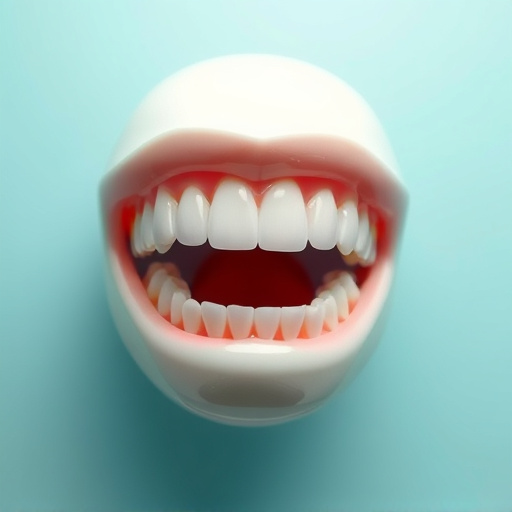
Dental sealants for teeth are protective coatings applied to the chewing surfaces of back teeth, primarily molars and premolars. They act as a physical barrier, preventing food particles and bacteria from settling into tiny crevices where cavities often start. By sealing these areas, dental sealants significantly reduce the risk of tooth decay and cavity formation.
The process involves bonding a thin, hard-wearing resin to the tooth surface, creating a smooth, protective layer. This barrier is especially beneficial for people who are prone to cavities or have a history of poor oral hygiene. By protecting against plaque buildup and acid erosion, dental sealants contribute to overall oral health, potentially reducing the need for more extensive restorative dentistry, including dental crowns or tooth repair later in life.
Benefits and Longevity of Tooth Sealant Application
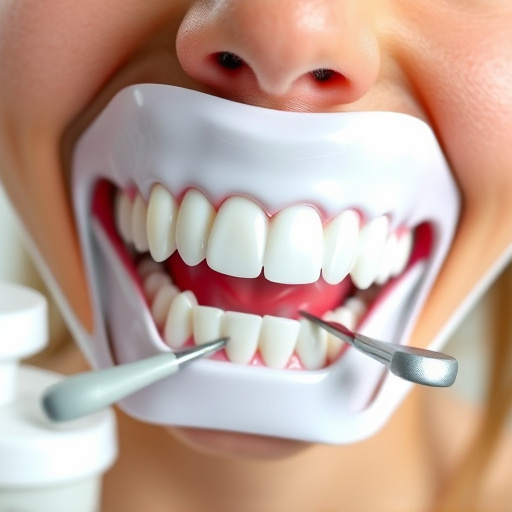
Dental sealants for teeth offer significant benefits when it comes to preventive dentistry. These protective coatings are applied to the chewing surfaces of back teeth and act as a physical barrier against cavities-causing bacteria. By sealing off tiny crevices and pits in the enamel, where plaque can accumulate, dental sealants greatly reduce the risk of tooth decay. This is particularly beneficial for children and teenagers, as their permanent molars often have uneven or rough surfaces that are more susceptible to cavities.
The longevity of sealant application is another advantage. With proper oral hygiene practices, including regular teeth cleaning, dental sealants can last for several years—even up to a decade. This makes them a cost-effective and efficient solution for maintaining oral health over time. Compared to the need for frequent fillings or more extensive procedures like dental crowns, preventive measures like sealants contribute to overall mouth health and can save time and money in the long run.
Dental sealants for teeth are an effective, long-lasting solution for protecting against cavities. By acting as a barrier over the tooth’s surface, these sealants prevent plaque and bacteria from penetrating and causing decay. With proper care, dental sealants can last for years, providing significant benefits in maintaining oral health and reducing the need for future fillings or more extensive dental procedures. Incorporating sealant application into regular dental routines is a proactive step towards a healthier smile.



